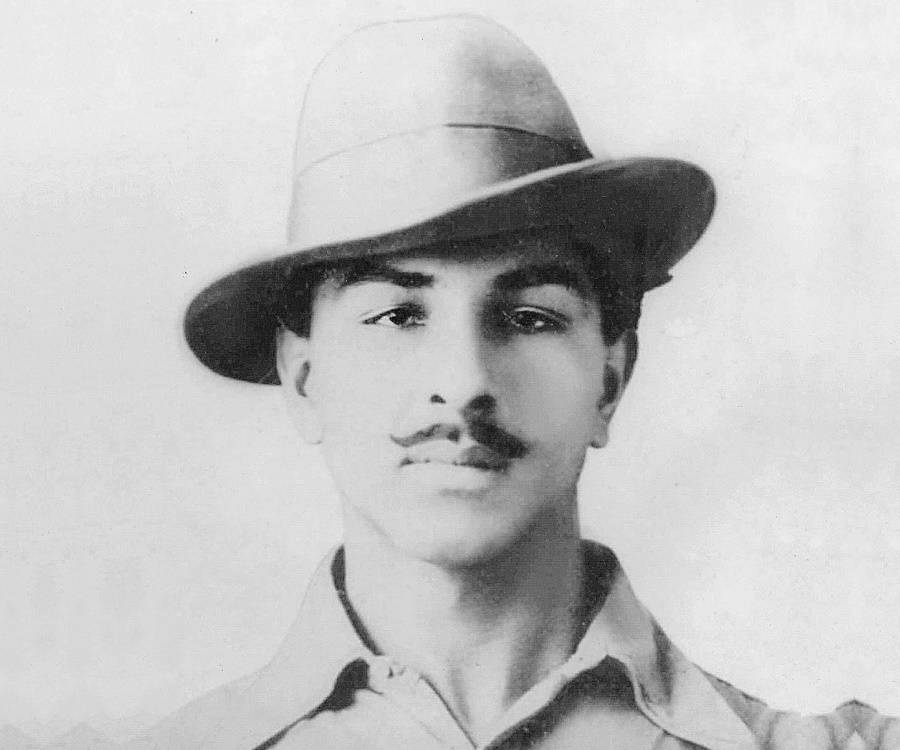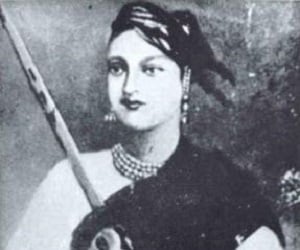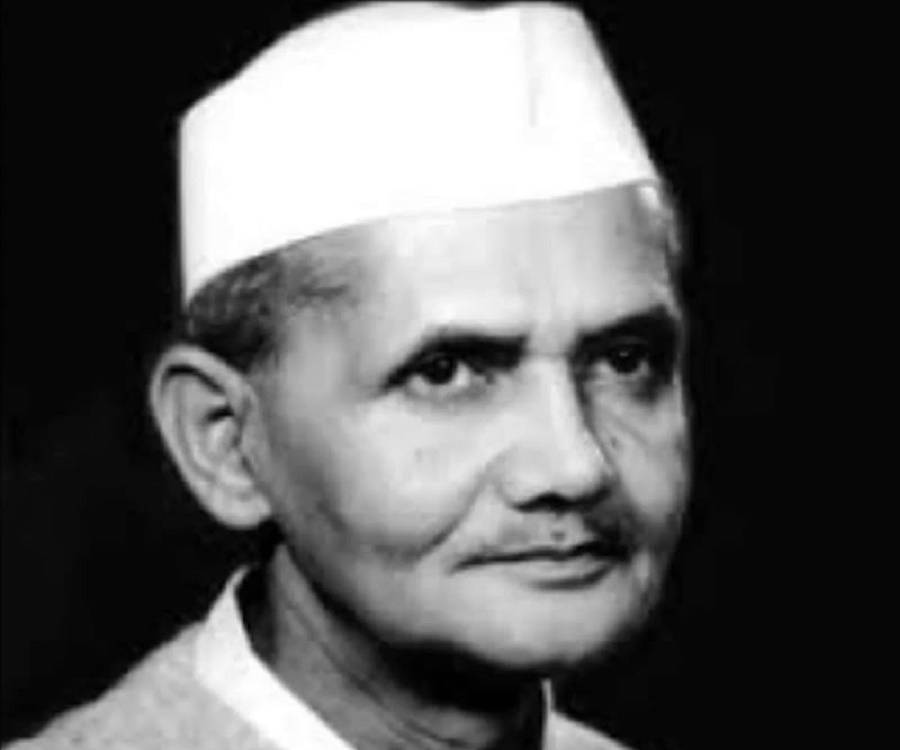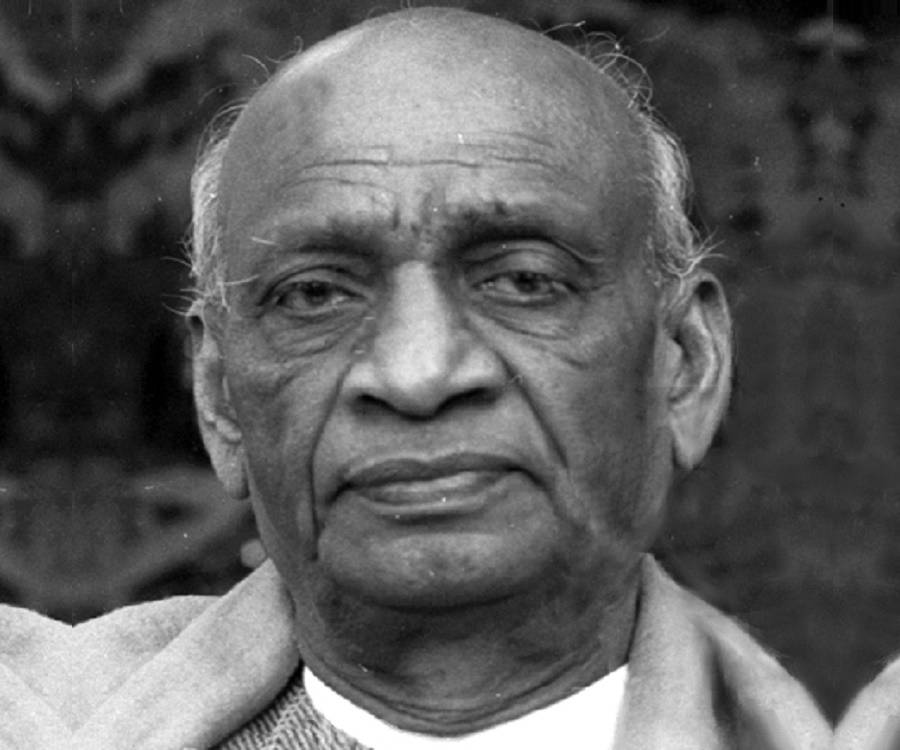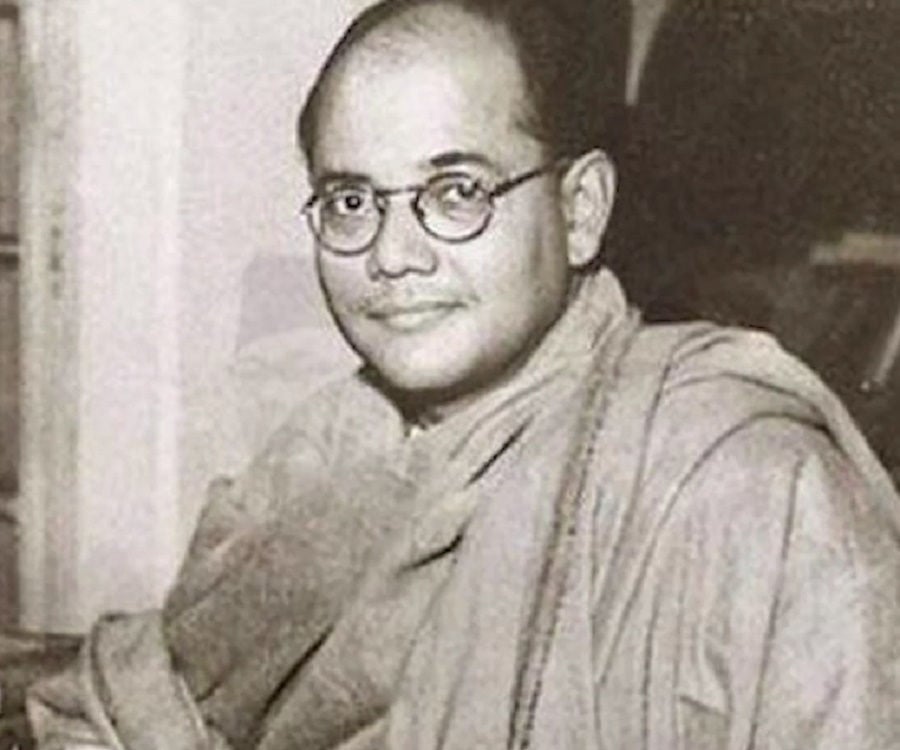Rani Lakshmibai, the Queen of Jhansi, was one of the most important leaders of the Indian Rebellion of 1857. Lakshmibai opposed British rule and became a symbol of resistance among Indian nationalists. She died from wounds received in the Rebellion on 18 June 1858. After her demise, the British were able to suppress the Rebellion with ease.
Lal Bahadur Shastri was an Indian statesman who took part in the Indian independence movement after being influenced and impressed by Mahatma Gandhi. He joined the Servants of the People Society, which was founded by independent activist Lala Lajpat Rai, where he served as the president. He also held important positions in the Indian National Congress. He was posthumously honored with India's highest civilian award, the Bharat Ratna.
